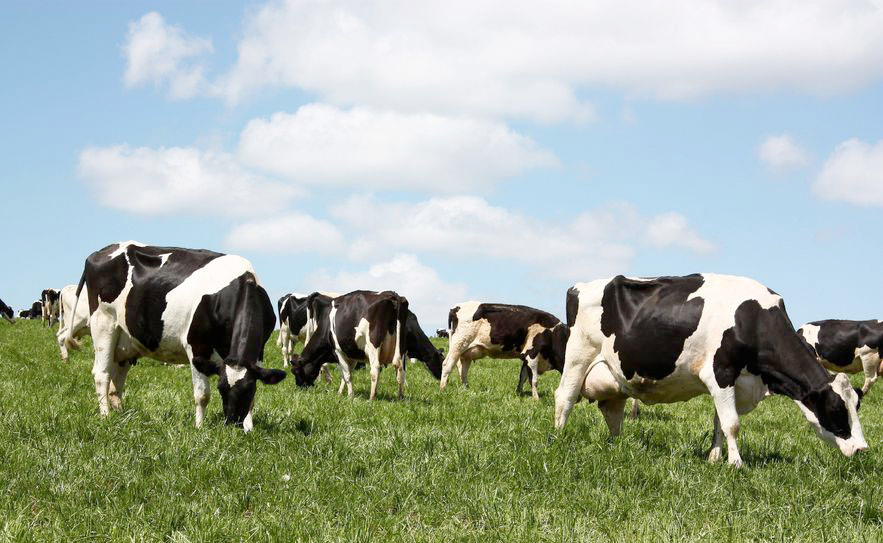
The German milk production figures indicate huge pressure on dairy farmers for January 2016, in addition to falling prices resulting from overproduction in the milk market, rising costs have led to increasing losses for milk production.
The European Milk Board states: "It costs 44.94 cents to produce one kilogram of milk in January.
"The average farm-gate price of 28.66 cents a kilo nowhere near covered this expenditure, as clearly shown by the price/cost ratio of 0.64.
"Thus only 64 per cent of costs were covered by the farm-gate price."
The German prices for March have since dropped even further, and are now between 21 and 29 cents. Only a few smaller dairies paid a higher farm-gate price.
German producers are not alone in Europe. For instance, dairy farmers in Denmark are being paid only 27 cents, and in Belgium the price has already plummeted to 22–23 cents a kilo of milk.
Prospects for the next few months continue to be bleak. Romuald Schaber, President of the European Milk Board (EMB), explains the reasons for the negative forecasts: "Although the EU policy-makers decided on measures in March, they are neither binding for every member state nor do they affect every milk producer. If they were, they might have an effect.
"Voluntary restraint on supply will give the producer organisations and co-operatives the chance to limit their own production, yet that will not cut production enough across the EU.
"Firstly, dairy farmers already had the opportunity to limit production by means of a bonus system for co-operatives.
"The likes of Friesland Campina actually availed themselves of it in their own interest, but unfortunately it had no impact across the EU.
"Secondly, strong production countries like Germany and Ireland have already announced that they will certainly not be applying this measure."
It is to be expected that reductions in production in some countries will be offset by increases in others.
Romuald Schaber continues: "This is hardly what you would call solidarity and shared market responsibility.
"So there has to be a voluntary restraint on supply launched by the EU policy-makers along the lines of the Market Responsibility Programme (MRP).
"Under the MRP, in times of crisis an offer is made to every EU producer to reduce his/her production by a few per cent for a specified period in return for financial compensation.
"At the same time, a market responsibility levy must be imposed on every dairy farmer increasing production during the application of the programme.
"The current EU policy measures are more of a distraction than a solution."
He says that was evident in the rapid consent of many liberal economy member states and the EU Commissioner for Agriculture Phil Hogan.
"They know full well that that they have actually not resolved to do anything and are doggedly persisting with their liberal strategy."
